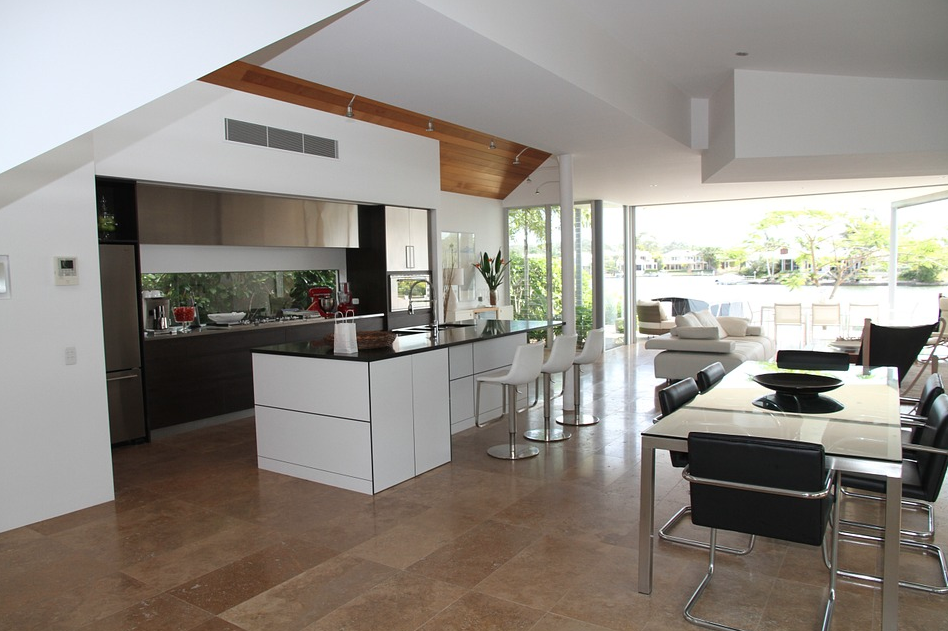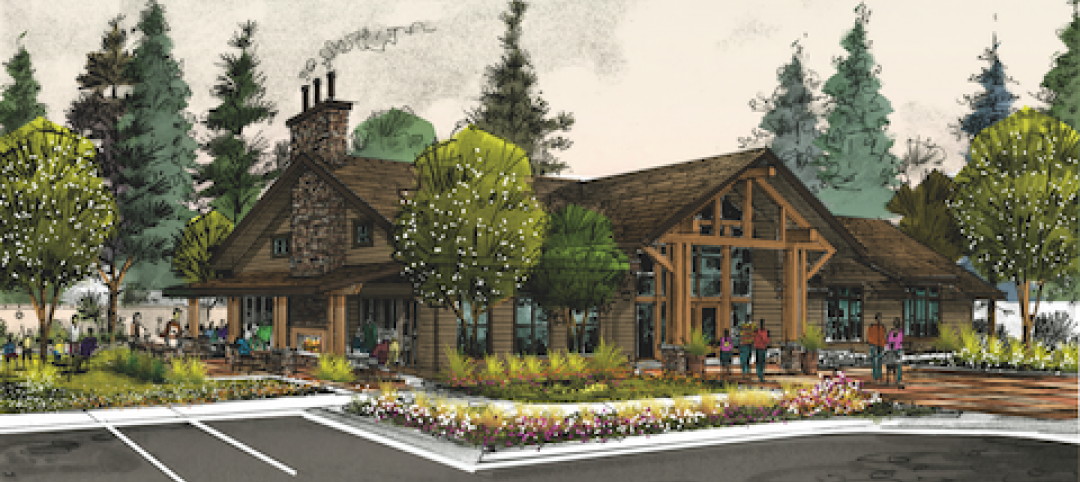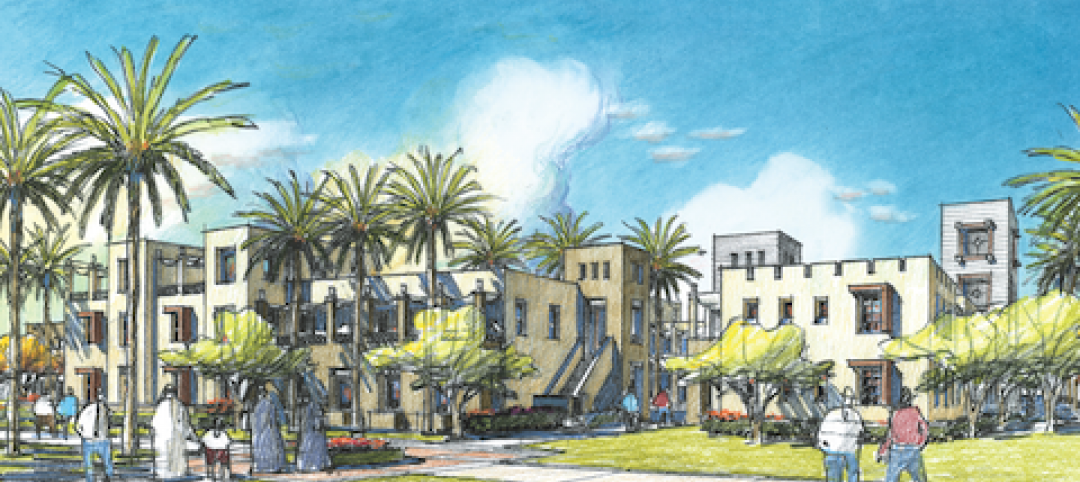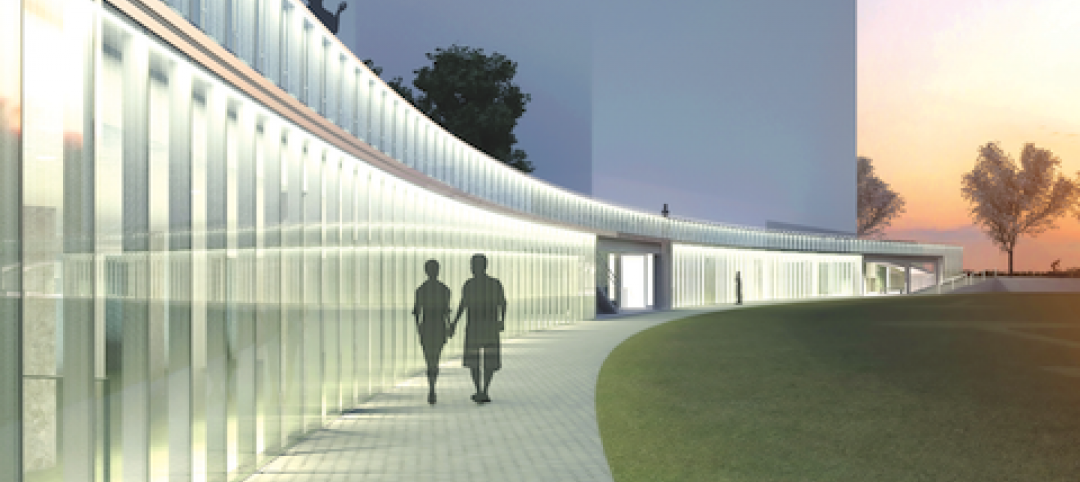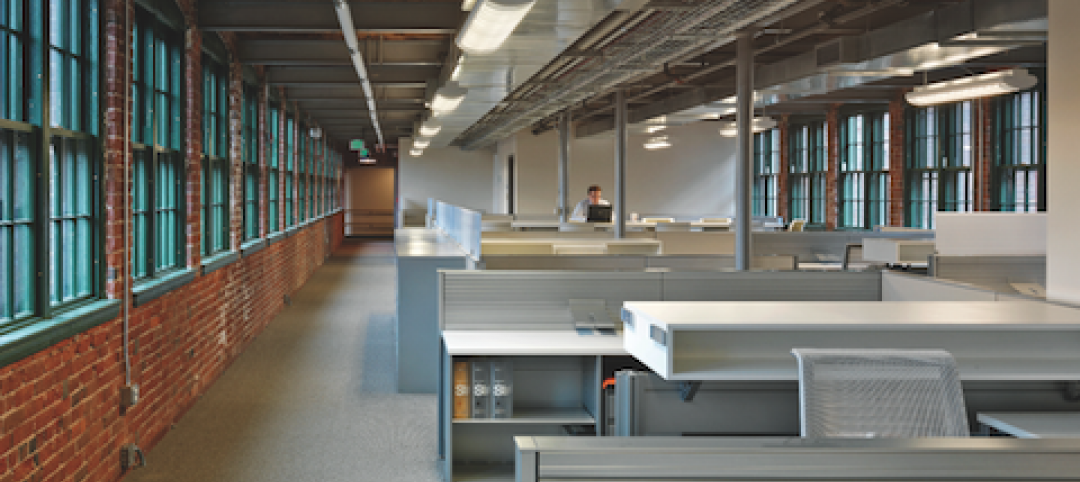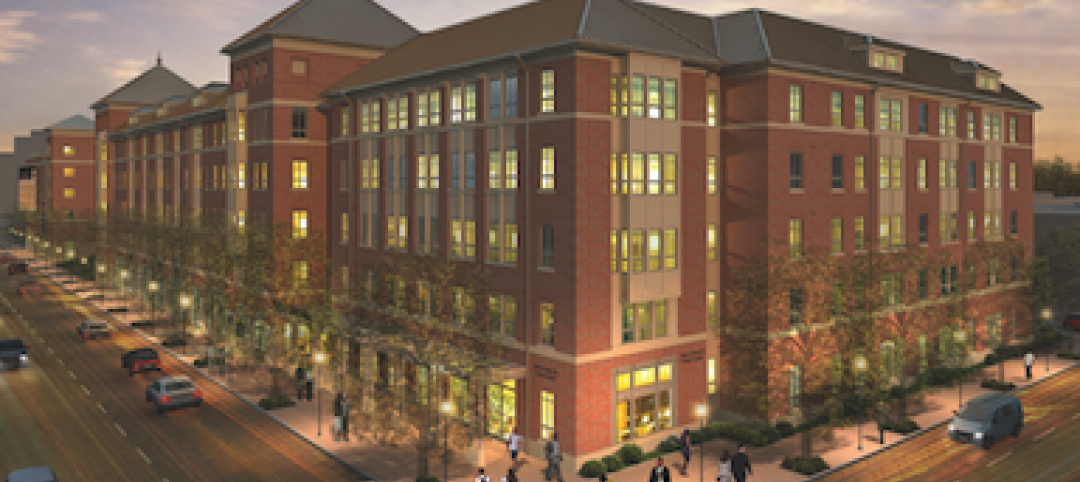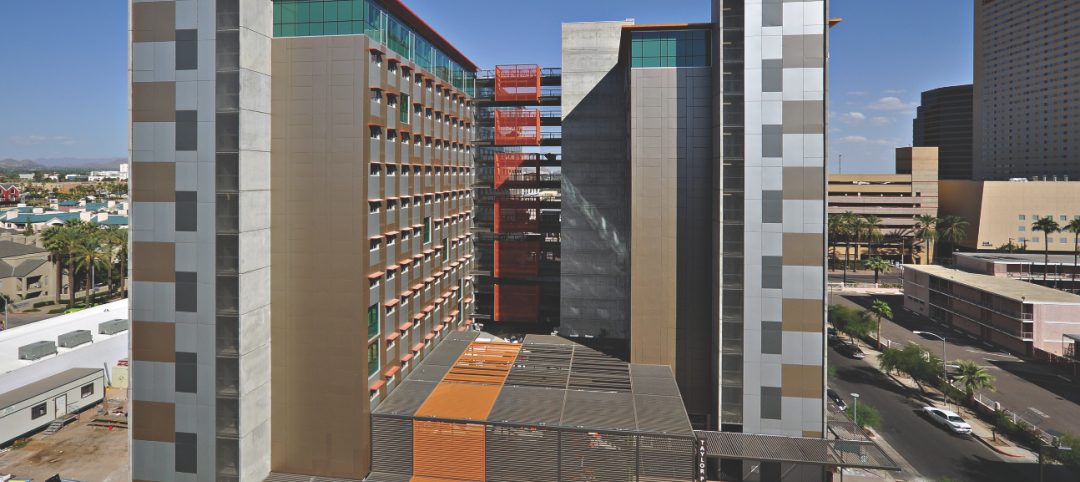Trends, ideas, and considered opinions from multifamily developers and market experts at Marcus & Millichap’s “Multifamily Forum,” held earlier this year in Chicago:
> Bigger units are selling like crazy. “The supply of condos out there is high end and much larger in size,” said Tom Weeks, Executive General Manager for Development, Lendlease. Ditto for rentals, said James Letchinger, President, JDL Development. “We’re seeing a new wave of renters with empty nesters wanting to move downtown,” he said. His firm experienced “unbelievable leaseup” for the larger units in one of its downtown buildings.
> The workforce shortage is killing business. “There just aren’t enough subs to get the work done,” said Letchinger. “There’s a huge workforce out there that’s just not being tapped. We need to get people into the unions, and we need the big contractors to help more minorities to become owners of their subtrade firms.”
> Keyless entry is going to be the new norm in multifamily. Alex Samoylovich, CEO, Cedar Street, said he’s working toward keyless entry via tenants’ cellphones across his firm’s portfolio of 18 properties. “Seventy-five percent of our tenants have given us permission for keyless entry into their units to deliver packages,” he said. Keyless technology can even be a revenue stream, he said. “We did $85,000 last year in lockouts.”
> Parking is going away in crowded urban markets. “Our ratio now is 0.4 spaces/unit, and zero parking in TODs,” said Sar Peruri, Principal, Oxford Capital Group, developer of the 429-luxury-unit Essex on the Park, Chicago. Derek Lopez, Managing Director, GEM Realty Capital, said his firm is looking into how to repurpose its parking decks down the road. But panelists agreed that resident parking is still essential in second-tier cities and the suburbs.
> Figuring out what Millennials want remains a puzzlement. “They’re now 35, not 25, and they’re forming families,” so their housing demands are changing, said Jim Driscoll, SVP of Development, Waypoint Residential. But John S. Sebree, Marcus & Millichap’s National Director of Multifamily, said, “Tenants in B and C apartments”—many of whom presumably are Millennials—“will usually start buying homes, but that’s just not happening.”
> The amenities war is “out of control,” said Alan George, Chief Investment Officer, Equity Residential. “We’re building small, usable conference rooms, with really good WiFi,” he said. “That’s really important.” But he questioned whether building, say, a full indoor basketball court is justifiable. Choosing the right mix of amenities for each project is critical.
> Rightsizing amenities remains an art form. Lindsey Senn, VP at Chicago developer Fifield, said that at the firm’s 390-unit Sinclair luxury tower, “We built the biggest fitness center we’ve ever done, and the residents said they wanted even more.”
> Teamwork is more important than ever. “With construction costs going up, the teamwork with the developer, the contractor, the architect, and the interior designer has to be even more intense,” said Jack Boarman, Partner, BKV Group. “We need to find new ways of manufacturing, like modular baths, and subtrade innovation that can save time and money.”
Related Stories
| Oct 13, 2010
Apartment complex will offer affordable green housing
Urban Housing Communities, KTGY Group, and the City of Big Bear Lake (Calif.) Improvement Agency are collaborating on The Crossings at Big Bear Lake, the first apartment complex in the city to offer residents affordable, eco-friendly homes. KTGY designed 28 two-bedroom, two-story townhomes and 14 three-bedroom, single-story flats, averaging 1,100 sf each.
| Oct 13, 2010
Residences bring students, faculty together in the Middle East
A new residence complex is in design for United Arab Emirates University in Al Ain, UAE, near Abu Dhabi. Plans for the 120-acre mixed-use development include 710 clustered townhomes and apartments for students and faculty and common areas for community activities.
| Oct 13, 2010
Community center under way in NYC seeks LEED Platinum
A curving, 550-foot-long glass arcade dubbed the “Wall of Light” is the standout architectural and sustainable feature of the Battery Park City Community Center, a 60,000-sf complex located in a two-tower residential Lower Manhattan complex. Hanrahan Meyers Architects designed the glass arcade to act as a passive energy system, bringing natural light into all interior spaces.
| Oct 12, 2010
The Watch Factory, Waltham, Mass.
27th Annual Reconstruction Awards — Gold Award. When the Boston Watch Company opened its factory in 1854 on the banks of the Charles River in Waltham, Mass., the area was far enough away from the dust, dirt, and grime of Boston to safely assemble delicate watch parts.
| Sep 13, 2010
Richmond living/learning complex targets LEED Silver
The 162,000-sf living/learning complex includes a residence hall with 122 units for 459 students with a study center on the ground level and communal and study spaces on each of the residential levels. The project is targeting LEED Silver.
| Sep 13, 2010
Committed to the Core
How a forward-looking city government, a growth-minded university, a developer with vision, and a determined Building Team are breathing life into downtown Phoenix.
| Aug 11, 2010
Brown Craig Turner opens senior living studio
Baltimore-based architecture and design firm Brown Craig Turner has significantly expanded its housing design capabilities and expertise with the launch of its new senior living studio.
| Aug 11, 2010
CTBUH changes height criteria; Burj Dubai height increases, others decrease
The Council on Tall Buildings and Urban Habitat (CTBUH)—the international body that arbitrates on tall building height and determines the title of “The World’s Tallest Building”—has announced a change to its height criteria, as a reflection of recent developments with several super-tall buildings.
| Aug 11, 2010
Morphosis builds 'floating' house for Brad Pitt's Make It Right New Orleans foundation
Morphosis Architects, under the direction of renowned architect and UCLA professor Thom Mayne, has completed the first floating house permitted in the U.S. for Brad Pitt’s Make It Right Foundation in New Orleans.The FLOAT House is a new model for flood-safe, affordable, and sustainable housing that is designed to float securely with rising water levels.


